Macedonia is a small country located in southeastern Europe. It has a rich history, diverse culture, and beautiful natural landscapes, making it an attractive destination for tourists. In this article, we will explore the history, culture, attractions, and tourism industry of Macedonia.
Table of Contents
History
Macedonia’s history can be traced back to ancient times, when it was home to several powerful empires, including the ancient Macedonian kingdom of Alexander the Great. The Macedonian empire was known for its military prowess and conquests, which helped to spread Hellenistic culture throughout the Mediterranean region.
In the Middle Ages, Macedonia was conquered by the Byzantine Empire, which had a significant influence on the region’s art, architecture, and culture. Over the centuries that followed, Macedonia was ruled by a number of different powers, including the Ottoman Empire, which had a profound impact on the region’s customs, language, and traditions.
In the 20th century, Macedonia became part of Yugoslavia, and experienced a period of rapid industrialization and modernization. However, following the disintegration of Yugoslavia in the 1990s, Macedonia declared its independence in 1991. Since then, the country has made significant strides in developing its economy, infrastructure, and political institutions.
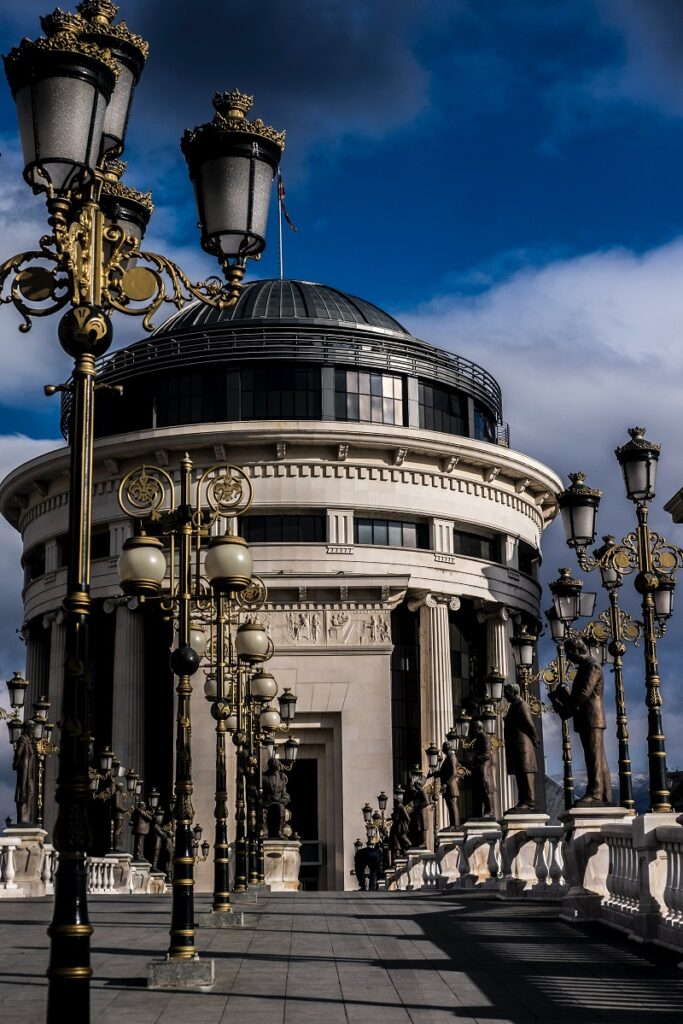
Culture
Macedonia has a rich and diverse culture, which is reflected in its art, architecture, music, and cuisine. One of the most notable features of Macedonian culture is its blend of different influences, including Slavic, Greek, Ottoman, and Balkan.
Macedonian music is characterized by its haunting melodies and intricate rhythms, and is an important part of the country’s cultural scene. Traditional Macedonian music is often played on instruments such as the tambura, kaval, and gaida, and is an important part of many cultural festivals and celebrations.
Macedonia is also home to a number of important landmarks and cultural attractions. One of the most famous landmarks is the Skopje Fortress, which dates back to the 6th century AD and is situated on a hill overlooking the city. The fortress is a popular tourist attraction, and offers stunning views of Skopje and the surrounding countryside.
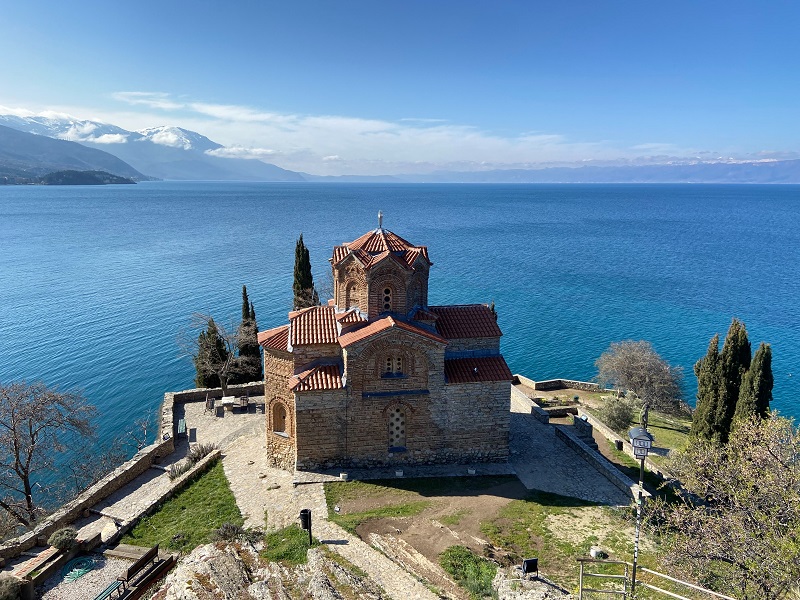
Another important cultural attraction in Macedonia is the St. John at Kaneo, which is located near the town of Ohrid. The church is one of the oldest in the country, and is renowned for its beautiful frescoes and stunning architecture.
Cuisine is also an important part of Macedonian culture, and is characterized by its bold flavors and use of fresh, seasonal ingredients. Some of the most popular dishes in Macedonia include tavce gravce, a traditional bean stew, and ajvar, a type of roasted red pepper dip. Other popular dishes include kebapi, a type of grilled meat, and pindjur, a spicy tomato and pepper relish.
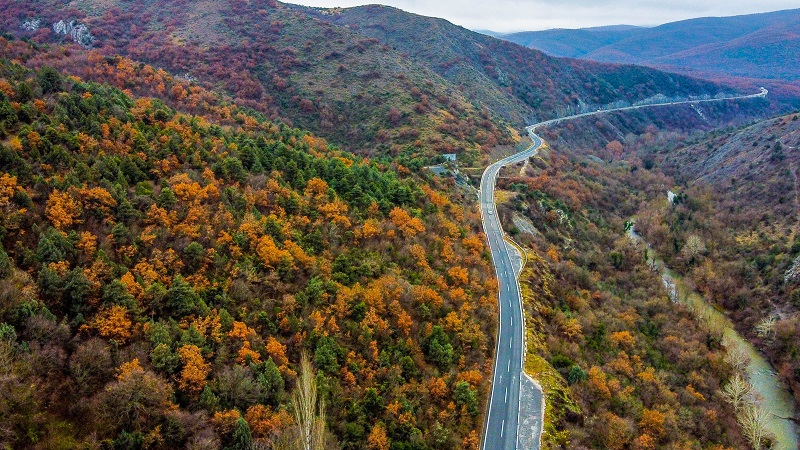
Tourism
Macedonia is a popular tourist destination, known for its rich history, stunning natural beauty, and vibrant cultural scene. One of the most popular tourist destinations in the country is Lake Ohrid, which is one of the oldest and deepest lakes in Europe. The lake is surrounded by beautiful mountains, and is home to a number of charming villages and historic sites, including the ancient town of Ohrid, which is a UNESCO World Heritage Site.
Another popular tourist destination in Macedonia is the city of Skopje, which is the country’s capital and largest city. Skopje is known for its mix of modern and historic architecture, and is home to a number of important cultural attractions, including the Skopje Fortress, the Stone Bridge, and the Macedonian Museum of Natural History. In recent years, Skopje has undergone a major transformation, with a series of ambitious urban renewal projects that have aimed to revitalize the city and enhance its cultural and historical heritage. The Skopje 2014 project, launched in 2010, was one of the most ambitious of these projects, and aimed to transform the city’s skyline by building a series of grandiose monuments and buildings in a neoclassical style.
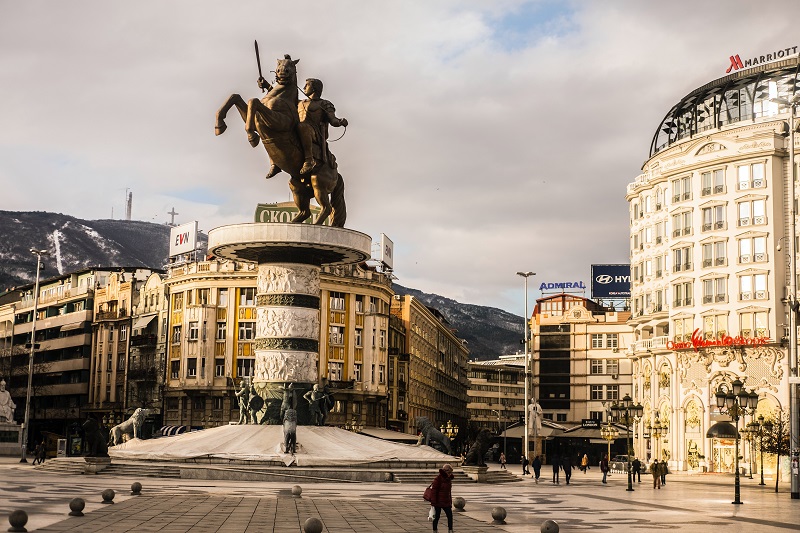
In addition to its natural and cultural attractions, Macedonia is also known for its hospitality and warm welcome to visitors. Whether you’re interested in exploring the country’s ancient monuments, visiting its museums and galleries, or simply enjoying its lively cafes and restaurants, Macedonia has something to offer everyone.
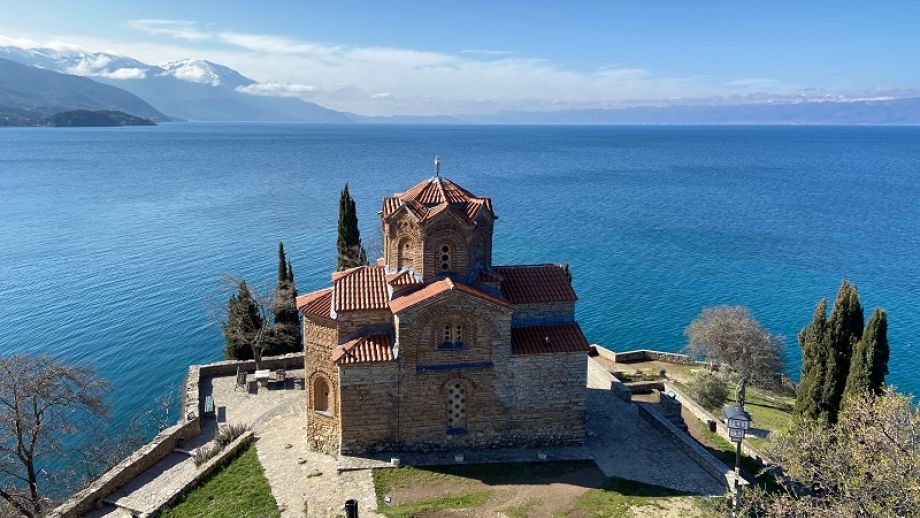
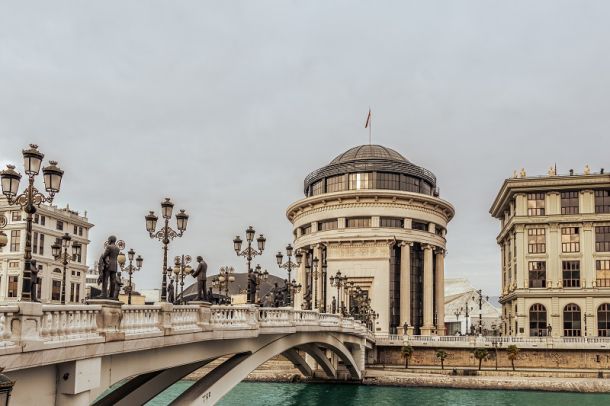
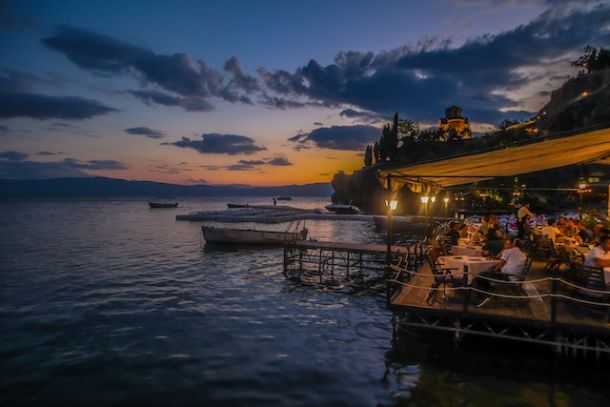
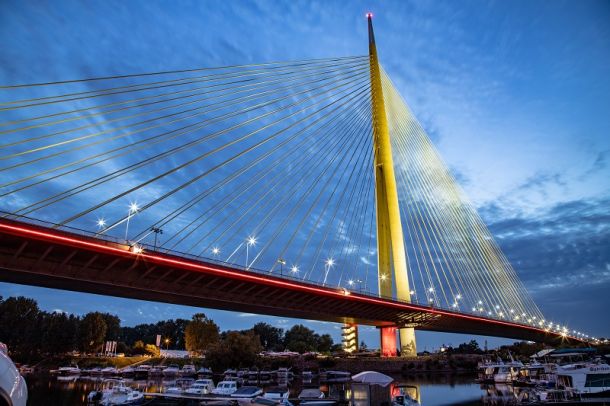
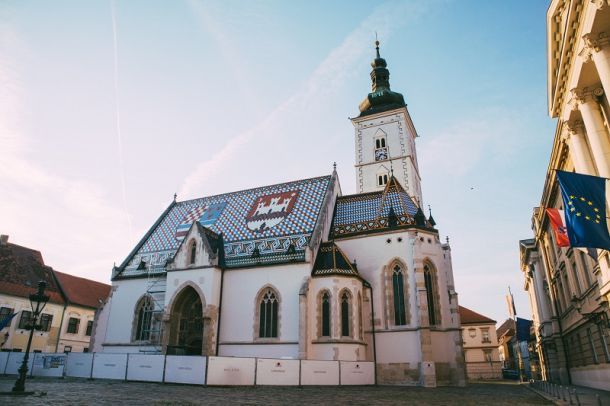




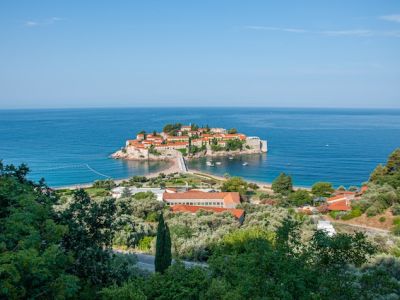
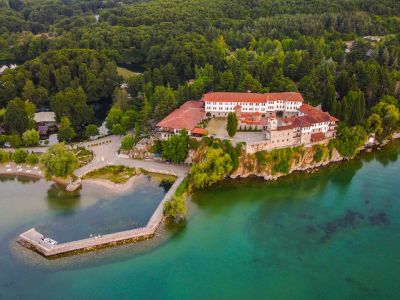
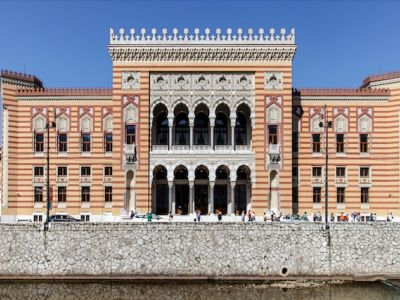
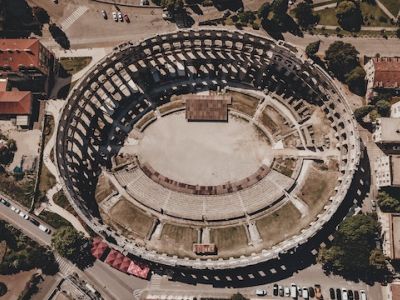
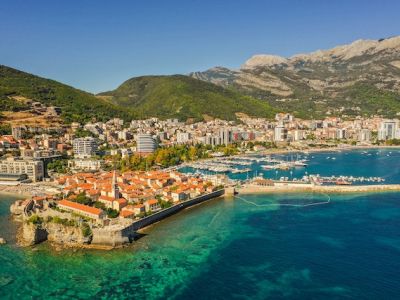
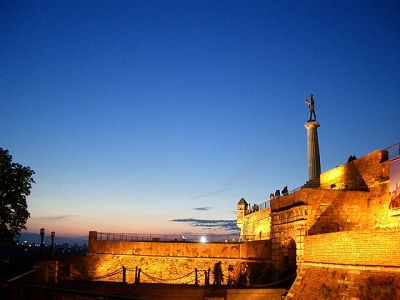
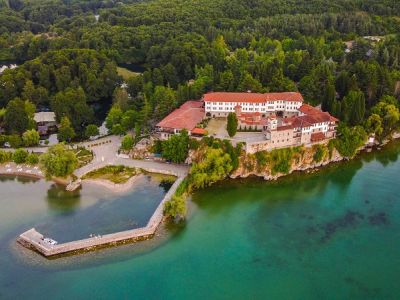

Leave a Reply